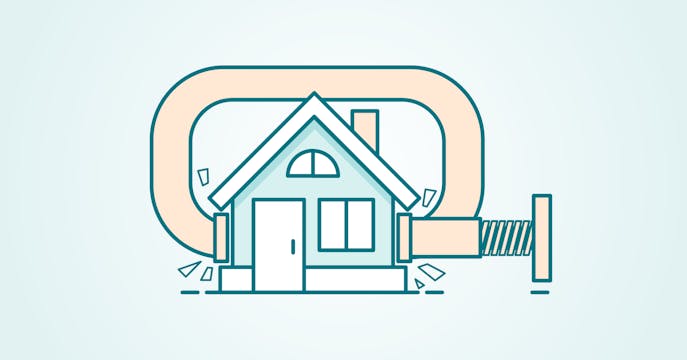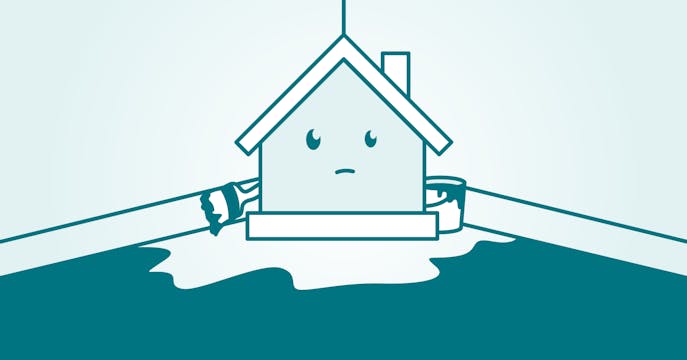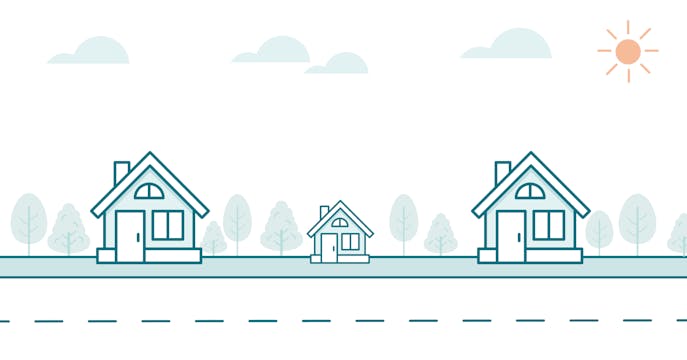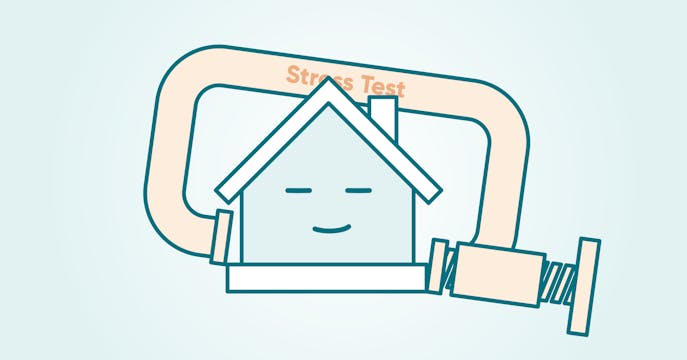A list of recent mortgage rule changes.
These changes have either happened or are scheduled to take effect.
MAY 27, 2025
GST rebate for first-time home buyers of new builds
This rebate is available for 100% of the GST for first-time purchasers of newly built homes up to $1M, and a scaled rebate between $1M and $ 1.5M. Read more here for eligibility and how it works.
AUGUST 1, 2024
Extend to 30-year amortization for first-time buyers of new builds
The federal government allowed a 30-year extension for first-time buyers only for insured new-build mortgage purchases.
AUGUST 1, 2024
Premium surcharge added to first-timer 30-year extension rule
The premium surcharge added by CMHC is in response to the new 30-year extension rule, which considers the capital impact of these mortgage-length extensions while also supporting CMHC’s mandate to promote housing affordability.
NOVEMBER 21, 2024
Removal of the OSFI mortgage stress test requirement for straight, stand-alone uninsured renewal switches
This rule removal will help more homeowners find a better deal. The stress-test requirement had already been eliminated for insured switches, as re-emphasized in October 2023 by the then Liberal government in its Canadian Mortgage Charter.
DECEMBER 15, 2024
Insured mortgage changes
These rules aim to help more home buyers enter the real estate market by addressing the current housing market realities of higher home prices and interest rates.
- An increase in the home-price cap from $1M to $1.5M for insured mortgages (for primary and secondary home purchases, excluding investor purchases) will allow less than a 20% down payment in more expensive markets and access to lower insured mortgage rates.
- All first-time and all new-build buyers can extend an insured mortgage to 30 years from the standard 25-year amortization, which will help lower mortgage payments and improve stress-test qualification. This rule expands on the 30-year insured amortization exception rolled out on August 1 (above).
- A 30-year insured mortgage comes with an added insurance premium.
JANUARY 15, 2025
Insured refinances for secondary suites
Insured refinances haven't been available to Canadian homeowners since 2016 (originally removed to discourage the ability to take on more mortgage debt). This new allowance aims to encourage on-the-property density, ideally helping to alleviate the housing and rental supply crunch while offering a potential added (rental) income source for budget-challenged owners.
- Eligible homeowners will be able to access an insured refinance for up to 90% of their 'improved property' value (capped at a $2M home value) for construction funds.
- This product can be extended to a 30-year amortization (an additional insurance premium will apply).
Update September 2025: Please note that although the secondary insured refinance government initiative appears to be active, most lenders are unlikely to offer it due to the method outlined for providing the construction funds, which is through a construction-draw style refinance (funds released in stages or held in trust until the suite is built) — and most lenders aren't on board with it.
QUARTER 1 of 2025
LTI cap on uninsured mortgages
OSFI announced in March, 2024, that in Q1 of 2025, banks will have a cap placed on the number of new uninsured mortgages in their portfolio that are more than 4.5 times a borrower's annual gross income (the cap will differ for each lender).
This new rule could impact first-time home buyers the most, shrinking how much home they can buy based on their income (in addition to the TDS ratios already in place) when getting a mortgage approval through a traditional lender.
As rates fall (when and if they do), this regulation has the capacity to reduce single-property homeowners in Canada and favour higher-income earners and property investors, especially in higher-priced markets such as Vancouver and Toronto. (Renewals and refinances aren't included in the lender LTI cap.






